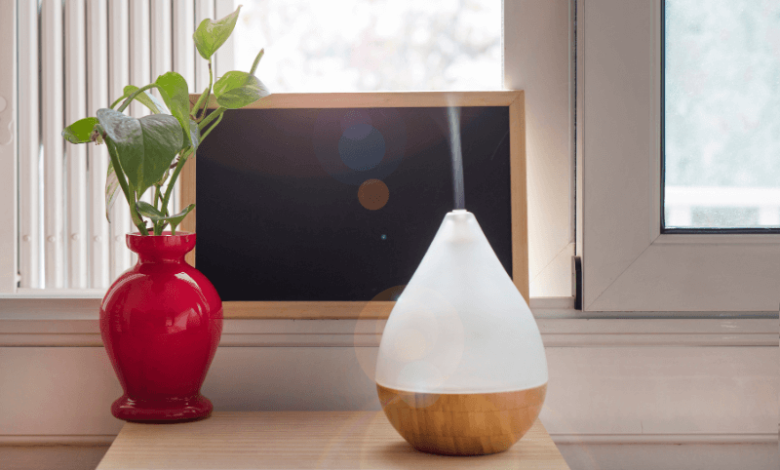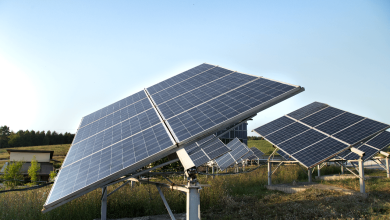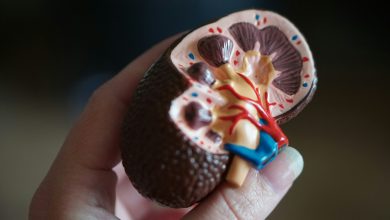Does your house need an air purifier? Check out all factors to consider

Air quality in the USA indicates inhalable airborne particulate matter known as PM 2.5 has been declining in 41 states before 2016. But the increasing frequency and severity of wildfires has prevented that progress by about 25% in the last eight years according to a specialist Jienan Li of Colorado State University.
Outdoor air pollutants can influence indoor air chemistry making the air we breathe in at home or office less healthy. Indoor air pollution can increase the chances of asthma and other respiratory issues like bronchitis. It can lead to “sick building syndrome, a condition that has symptoms like fatigue, headache and nausea.
For this reason, indoor air purifiers are increasingly becoming popular these days with the US market anticipated to double from $2.8 billion to $4.78 billion by 2030.
What is an Air Purifier?
Air purifiers are usually portable, mechanical filters that capture particulate matter such as dust and fine particles in air. It cleans the air rather than purifies it. “Just because the air goes through a Hepa filter doesn’t mean it is free of viruses and bacteria.
Most air purifiers may be able to capture viral particles but can’t kill them unless they use other technology such as germicidal UV light.
Air purifiers are most important for people who are sensitive to asthma, allergies, pollen and dust or people with cardiovascular issues, as well as children, pregnant people, and the elderly. According to experts, the places where AQI is more than 150, people staying there should have air purifiers at their houses.
How does an air purifier work?
The components of an air purifier are fairly simple consisting of a fan that draws air from the room and pulls it through one or more filters. The gold standard is a Hepa filter (high efficiency particulate accumulator). A hepa filter removes 99.99% of particles as small as 0.3 microns including dust, pollen, pet dander and bacteria. Some purifiers even include carbon filters which are effective in removing odours, gases, and volatile organic compounds. Some air purifiers have add ons like germicidal UV or ionisers.
READ MORE : Could tackling climate change in cities improve youngsters’ mental health?



